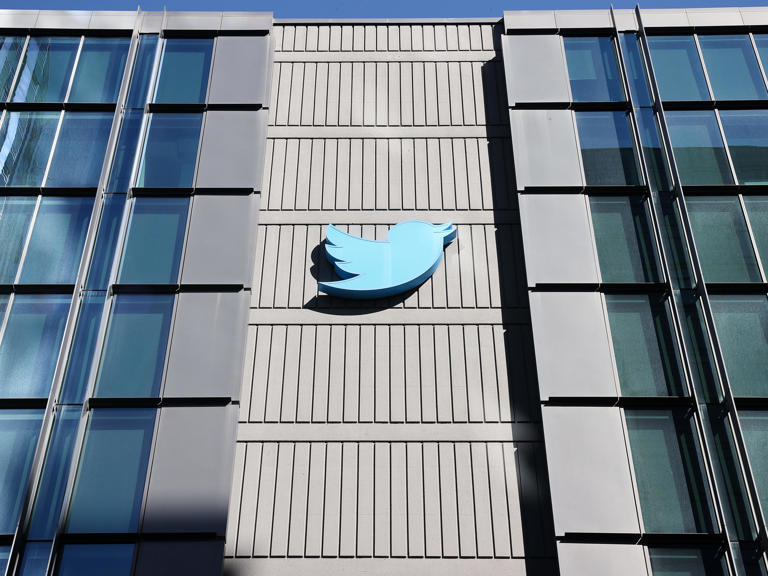COMMENTARY: Economists and Canadians are not on the same page
Opinion by globalnewsdigital •

Canadian dollar "loonie" coins.© THE CANADIAN PRESS IMAGES/Bayne Stanley
Majority of Canadians worry they won’t have enough money to feed their families: Poll
There is a growing divergence between the macroeconomic indicators that economists examine and the microeconomic realities that Canadians say they are facing.
Economists are telling Canadians that we’re closer to the end of the interest rate-raising cycle than we are to the beginning of it. They’re telling us that the inflation rate is starting to edge lower, and that we’re still trending for a “soft landing.”
They’ve pegged the chance of recession somewhere around 50 per cent, depending on whom you speak to. And there’s even good news: unemployment rates remain low, although this is a double-edged sword as a tight labour market means higher wages, which add fuel to the inflation fire.
None of this aligns with what Canadians themselves say they’re experiencing. Ipsos polling for Global News has shown that Canadians’ financial anxieties are rising faster than interest rates.
Read More
Since October, more Canadians are now concerned that they might not have enough money to feed their family (+9 percentage points), that they might not be able to afford gasoline for their cars (+13 points) and or that they might get in over their head with holiday spending (+15). The concern among parents with kids in their household is even more pronounced. We don’t often measure such significant shifts in public opinion over such a short period of time.
Moreover, there is growing concern (and a general consensus among Canadians) that Canada will face an economic recession in the next year. Four in 10 (42 per cent, up nine points since October) are worried that they may lose their job if the economy does not improve. This is a lot of job anxiety.
We could not be looking at two more different realities: that which is studied by economists and that which is lived by Canadians. It’s true that individual Canadians may not be as informed about the macroeconomic situation as economists.
But they do know their own household, and given interest rate increases and inflationary pressures, they’ve noticed that they have less money left over at the end of the month. This is particularly true for younger Canadians, women and parents, who are feeling especially squeezed.
Regardless of what economists are saying, many Canadians believe we’re already in a recession and are altering their behaviour accordingly.
Ipsos poll finds close to half of Canadians prefer a charitable gift this holiday season over material items
Consumers are cutting back on dining out (52 per cent) and on entertainment (46 per cent). They’ve started looking at flyers for sales (50 per cent) or are couponing (31 per cent). Some have even had to dip into savings to make ends meet (24 per cent). Others are buying fewer fruits and vegetables (26 per cent) or not renewing or fulfilling a medical prescription (nine per cent).
The thing about economics is that it can be a self-fulfilling prophecy: if Canadians already believe we’re in a recession, and are acting like it, then it is more likely to cause a recession. This is rational behaviour based on one’s own perceptions, but it could exacerbate the economic challenges already facing Canada.
The trouble with a recession is that by one definition, we don’t know we’re in one until six months after we’ve entered it, making the declaration of a recession itself a lagging indicator. How helpful is that in the moment? In contrast, public opinion is a harbinger of things to come and acts as a leading indicator. Even though we’re technically not in a recession — yet — Canadians are already feeling and acting like we are.
WINDFALL PROFIT TAX ELIMINATES THE NEED FOR RISE IN INTEREST RATES
Read more:
Do we need a term for this phenomenon? Former U.S. president Jimmy Carter called it a crisis of confidence, which was then called the "malaise." Maybe it’s something plainer, like “recession perception”? Whatever we call it, the feeling is real, acute, and it impacts Canadians’ behaviour in profound ways.
Who has the nerve to tell Canadians that things are getting better? Or that they’re wrong, their concerns are overblown, feelings unfounded, and they can relax a little bit? Hopefully nobody. Instead, understanding and empathy are key – both from government and businesses, many of whom are being accused of price gouging disguised as inflation.
Governments and policymakers should be paying closer attention to the perceptions and anxieties of Canadians — and reacting in ways that provide relief. Instead, many concerns of Canadians are falling on deaf ears.
Sean Simpson is senior vice-president of Ipsos Public Affairs in Canada.
















